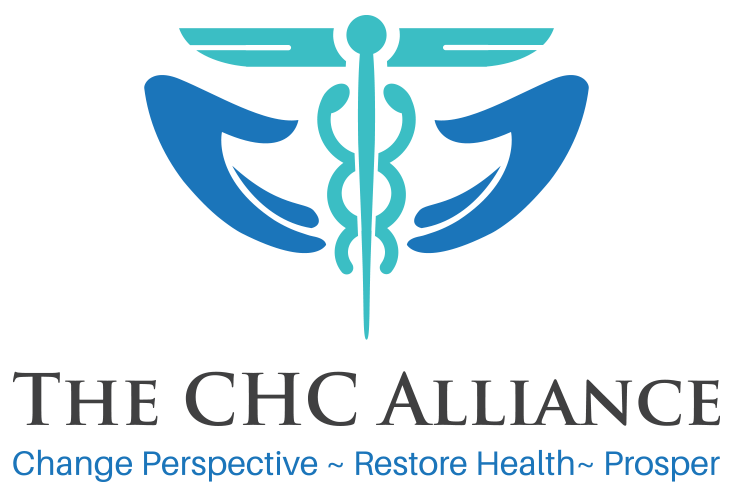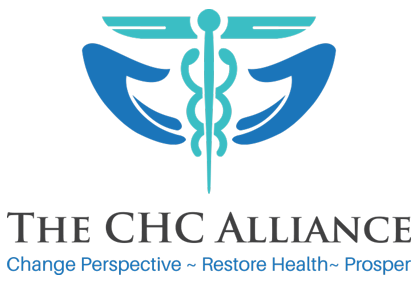- Your Alliance for all your CHC needs.
- (386) 673-9846
- info@thechcalliance.com
Hybrid Revenue Cycle Management

FQHC Credentialing Bottlenecks
January 16, 2023
FINDING FUNDS: The CHC Monthly
February 18, 2023A hybrid outsourced billing cycle refers to a combination of in-house and outsourced billing processes for a healthcare organization. In this model, certain aspects of the billing process are handled by the organization’s own staff, while other tasks are outsourced to a third-party billing company.
For example, the organization’s staff may handle the initial patient registration and insurance verification process, while the billing company handles the submission of claims and
follow-up on unpaid or denied claims.
The specific tasks that are handled in-house and outsourced can vary depending on the organization’s needs and resources. However, the main advantage of a hybrid billing cycle is
that it allows the organization to retain control over certain aspects of the billing process while still benefiting from the expertise and efficiency of an outsourced billing company.
A hybrid billing cycle can help an organization to reduce costs, increase efficiency, and improve the overall revenue cycle management process.
Hybrid revenue cycle management (RCM) can be beneficial for Federally Qualified Health Centers (FQHCs) in several ways:
1. Cost savings: By outsourcing certain aspects of the RCM process, FQHCs can reduce costs associated with maintaining an in-house billing department.
2. Increased efficiency: By outsourcing certain aspects of the RCM process, FQHCs can benefit from the expertise and technology of a third-party billing company, leading to increased efficiency and faster reimbursement.
3. Improved compliance: A third-party billing company that has experience working with FQHCs can ensure that billing is compliant with all relevant regulations and laws, reducing the risk of denied
claims and audits.
4. Reduced administrative burden: By outsourcing certain aspects of the RCM process, FQHCs can reduce the administrative burden on staff, allowing them to focus on providing patient care.
5. Better patient care: By outsourcing certain aspects of the RCM process, FQHCs can focus on providing better patient care, which is the primary goal of the centers.
6. Improved financial performance: By outsourcing certain aspects of the RCM process, FQHCs can improve their overall financial performance, and increase revenue.
7. Access to technology and software: Outsourcing certain aspects of the RCM process can provide access to the latest technology and software, which can help to streamline the process.
8. Better patient data management: Outsourcing certain aspects of the RCM process can provide a better patient data management, which can be useful for monitoring patients’ health and providing personalized care.



